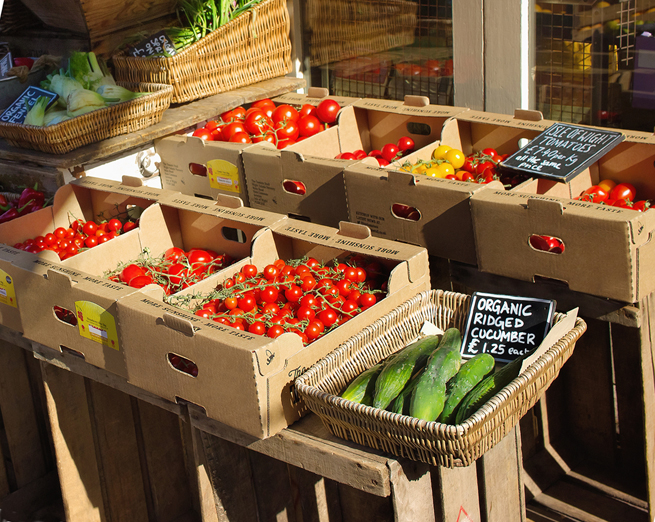
When shopping for vegetables, it can be difficult to tell if a product is organic or not. However, knowing the difference can help you select healthier and safer produce.
Organic produce may have fewer pesticide residues than non-organic produce. But the amounts for both are within levels for safe consumption.
What sets apart organic vegetables from non-organic ones?
Organic vegetables are marketed as such because they are grown in ways that do not use chemical pesticides, synthetic fertilizers or artificial preservatives. These processes are designed to promote the health of the people who grow them and to reduce environmental hazards.
A number of scientific studies have compared organic and non-organic produce and concluded that there are a number of benefits to eating organically. One of the most notable is that it is more likely to contain antioxidant compounds linked to better health.
Another is that it is more likely to have a lower level of toxic chemicals, such as pesticides and heavy metals.
To earn the all-important certification, farmers must follow a strict production and handling process. This includes the use of organic fertilizers and a crop rotation system to control weeds and insects. The result is a more environmentally friendly, less expensive and safer food product. This is the reason that organic foods are becoming more popular with consumers.
Pesticides
Pesticides are used to protect produce from pests such as fungi and insects. They save labor for farmers and provide a higher yield, but can also have some harmful effects on humans and the environment.
Organic growers can use a number of specialized kinds of pesticides, including those that come from natural sources. These include pesticides that kill the nervous systems of insect pests, like spinosad, and pyrethrin, which is derived from chrysanthemum flowers.
The USDA tests for pesticides on fruits and vegetables before they are prepped for sale. This means that the residues on produce are likely lower than you might think. In fact, one study found that organic fruits and vegetables were four times less likely to have pesticide residue than conventional ones.
Genetically modified organisms
The use of genetically modified organisms (GMOs) in organic vegetables is a controversial issue. Some claim that they have a positive impact on environmental sustainability, while others believe they pose more risks than benefits.
GMOs can be used to create food that is more nutritious or contains compounds that reduce allergies. They may also be engineered to produce human vaccines or drugs that improve health.
GM crops can be bred to be resistant to herbicides, such as glyphosate, and a variety of insect pests. This can lead to a reduction in pesticide use and reduces the need for ploughing in fields, saving farmers money.
GM crops can be produced by the process of transgenic plant breeding, where a gene is inserted into a vegetable crop, allowing it to grow more quickly and more easily than its wild progenitor. This can help reduce crop loss and provide more nutritious food to consumers.
Water
When it comes to picking out healthier and safer produce, knowing the difference between organic and non-organic vegetables can make all the difference. The safety standards on organic farms protect consumers, farmers, and the environment, while limiting pesticide residues.
Aside from the obvious benefits, there are also several health-related reasons to buy organic produce. One is the higher vitamin and mineral content. Another is that it's more likely to be free of nitrates, which can cause some cancers.
Water's anomalous properties are also widely attributed to the network of hydrogen bonds in the molecules. These bonding pairs, which are strong in between covalent bonds and weaker dipole-induced interactions, give the liquid its polarity.
However, many scientists believe that these bonds are not the only factor affecting its properties. For instance, some chemists suggest that water is actually made up of two distinct phases.
Frequently Asked Questions
Are organic foods better?
According to the Environmental Working Group's recent report on pesticide residues within foods, organic fruits & vegetables contained nearly half of the pesticides that non-organic varieties. They found that organic apples contained eight times fewer pesticides than non-organic apples, while organic strawberries were four times cleaner than their conventional counterparts.
Studies have also shown that organic foods reduce the risk of mercury and lead poisoning. For instance, one study showed that children who consumed organic meat had 33% less blood lead levels than children who did not. A second study found that conventional fish should be avoided by pregnant women due to the high levels of mercury.
Organic food appears to be more safe than non-organic. Experts recommend eating fresh fruits and veggies whenever possible to reduce the chance of developing cancer.
How do I find out if my produce's organic?
If you want to make sure that you are buying organic produce, look for these three labels:
USDA Organic Certified – This certification is issued by USDA to ensure that the product is 100% organic.
Certified Naturally Grown: Produce that has been grown in accordance with organic practices, but has yet to receive certification from USDA.
Pastured/Free range - These are animals that live outside and graze freely on grasses and herbs.
These labels indicate whether the product meets certain criteria.
- No synthetic pesticides and fertilizers
- No genetically modified organisms
- Animals are not given antibiotics.
- Animals are not ever given hormones.
- No growth-promoting drug
- No feed additives
- No artificial ingredients
- No irradiation
- There is no sewage sludge
- No GMOs
- Antibiotics have never been administered
- No hormones ever given
- No growth-promoting drugs
- No feed-additives
- No artificial ingredients
- No sewage waste (if it's non-GMO).
- No irradiation
I hope you found the article useful.
Is organic meat more nutritious?
This question is probably answered if you've been paying close attention. Here's the problem: Organic food is becoming more sought-after, while traditional food continues to decline in popularity.
Organic foods continue to be popular because they offer a healthier alternative. Organic products are not only safer for our health but also reduce pollution and waste.
There are two sides to the coin. Organic produce takes longer and requires more resources. This means that organic food costs more money than its non-organic counterpart.
Organic meats are typically higher priced than conventionally raised animals. However, there are ways to reduce these costs without sacrificing quality.
Local purchases can help you save money. Locally grown fruits and veggies help to lower prices because farmers get incentives to grow good crops.
A great way to save money is to search for deals. When you purchase organics, there are often discounts.
Consuming less meat is another way to save cash. Meat production can be costly due to the feed needed to raise livestock.
There are many reasons why organic food is better for our bodies and the planet, but we should be careful not to overlook the cost.
What is an Organic Food Producer?
Organic food producers produce organic foods that are free from pesticides and other chemical fertilizers. These foods include fruits, vegetables and dairy products.
Organic food production is only possible on farms where the crops are grown naturally. This includes soil preparation, pest controls, and crop rotation.
The USDA (United States Department of Agriculture), must set strict criteria for organic agricultural products.
These guidelines ensure that consumers can access safe, wholesome, nutritious food.
The benefits of eating organic range from lower levels of pesticide residues and heavy metal contamination to higher nutrient content and better flavour.
USDA Organic Products must have the "USDA Certified organic" label.
This certification indicates that the product meets the requirements of the National Organic Program.
Organic food helps us eat healthier and also protects the environment.
Organic farming techniques conserve water and land. Organic farming techniques also help to reduce greenhouse gas emissions which contributes to climate change.
Organic agriculture uses fewer chemicals, and less pollution runoff.
Because harmful gases such as ammonia or nitrates are less likely in the atmosphere, it also improves air quality.
There are many types of organic farming, including conventional, regenerative, agroecological, and permaculture.
Conventional agriculture refers to the use synthetic inputs, such as pesticides/fertilizers.
Regenerative farming involves compost, cover crops, and green manures to improve soil health. It encourages biodiversity.
Agroecology emphasizes sustainable relationships between people and plants.
Permaculture promotes self sufficiency through the creation of systems that imitate nature.
Are organic foods good for your health?
Even though organic foods might not be for everyone, there are some health benefits. They can be beneficial for your health if you eat them often.
Organic food is produced without artificial fertilizers, pesticides, herbicides, fungicides, hormones, antibiotics, or genetic engineering. Organic produce does not contain harmful chemicals that could be harmful to the human body.
Organic products also have fewer additives. So when you buy an organic product, you're likely eating healthier than non-organic products.
Studies show that organic foods contain more nutrients and antioxidants than conventionally grown fruits and vegetables.
While organic farming is generally more expensive than conventional farming, they often produce better results. Organic agriculture encourages soil fertility, biodiversity and biodiversity.
This helps preserve water resources and prevents erosion. Plus, because organic farms aren't treated with toxic chemicals, these farms typically require less energy and fuel.
Some people fear that organic foods can be more costly than conventional foods. However, prices can vary depending upon where you live. For example, organic apples can be more costly than conventional apples.
If you take a look at the cost of a basket containing both types of fruits, you will see that organic is less expensive.
Should you buy organic?
It depends on you. It doesn't matter if organic food isn't for you.
Organic food is available if you are a fan of good food. Organic food is safer because organic produce is not grown by commercial growers who use pesticides and chemical fertilizers.
Organic agriculture is a way to preserve the environment, conserve natural resources, and encourage biodiversity.
Statistics
- As for organic meat, regulations require that animals be raised in living conditions that accommodate their natural behaviours (like the ability to graze on pasture), fed 100% organic feed and forage, and not administered antibiotics or hormones. (usda.gov)
- Brands participating in this challenge are committed to using 100 percent sustainable cotton by 2025.[5] (en.wikipedia.org)
- Cosmetic brands such as Laurel and Rose Mira are 100 percent organic and have a wide array of skincare products. (en.wikipedia.org)
- To provide the highest quality products and services to every customer, with a dedicated workforce that puts the customer first and takes the extra step to achieve 100% customer satisfaction and loyalty. (hollinsorganic.com)
External Links
sciencedirect.com
- Organic food and its impact on human well-being: ScienceDirect assesses the status quo as well as future research prospects
- Technical note: Simultaneous Vitamin and Carotenoid Analysis of Milk from Total Mixed Ratio-Fed Cows - ScienceDirect
ecfr.gov
ams.usda.gov
usda.gov
How To
How to get Organic Meat on a budget
In this article, I will share my tips and tricks for buying organic meat without having to break the bank.
Here are some tips to help you find low-cost organic meats. Also, how much per pound they cost. You will be able to make the most of what you have purchased.
You don't need to spend a lot of money to eat healthily. Sometimes you need to be creative in order to save money and still eat healthy. Here's my list to help you keep food costs low while still enjoying all the health benefits of organic meat.
- Wholesale clubs - Sams Club and Costco are great places for bulk food like chicken breasts or pork chops. If you are fortunate enough to live near one, you may be able get discounts up to 50 lbs on large quantities. This will ensure that you don't waste any meat. You can also freeze the meat if you buy it bulk.
- You can shop online for meat at great prices. For example, Amazon has a weekly deal called Prime Pantry, which includes free shipping on orders over $35. They offer discounts on beef roasts, ground beef, lamb steaks, and pork loins. It's easy to browse their website and see what's available at different times.
- Locate a farmer in your area. Local farmers are usually cheaper than big box retailers as they don’t pay high stocking fees. They know exactly what the animals ate and drank to ensure they are fully informed about what is in their bodies.
- Look out for cuts that are the leanest. It's generally less expensive to cook lean meat than fatty. The leanest cuts are therefore preferred. The most popular are sirloin or flank steak, tenderloin roasts, top round steak, and top roast steak. These cuts are low in fat and high-protein.
- Try new recipes. It's possible to reduce grocery expenses by cooking new recipes using ingredients you've never tried before. You may be amazed at the variety of delicious dishes that you can make with fresh tomatoes, onions garlic, olive oil and spices.
- You can be creative with leftovers. If you have leftover poultry or meat, you can use them to make sandwiches, soups and casseroles. For quick lunches, leftover meat can be used to make dinners.
So there you go! That's my list of tips on how to afford organic meat even though you're on a budget. Do you have any other tips? Any other suggestions?
Resources:
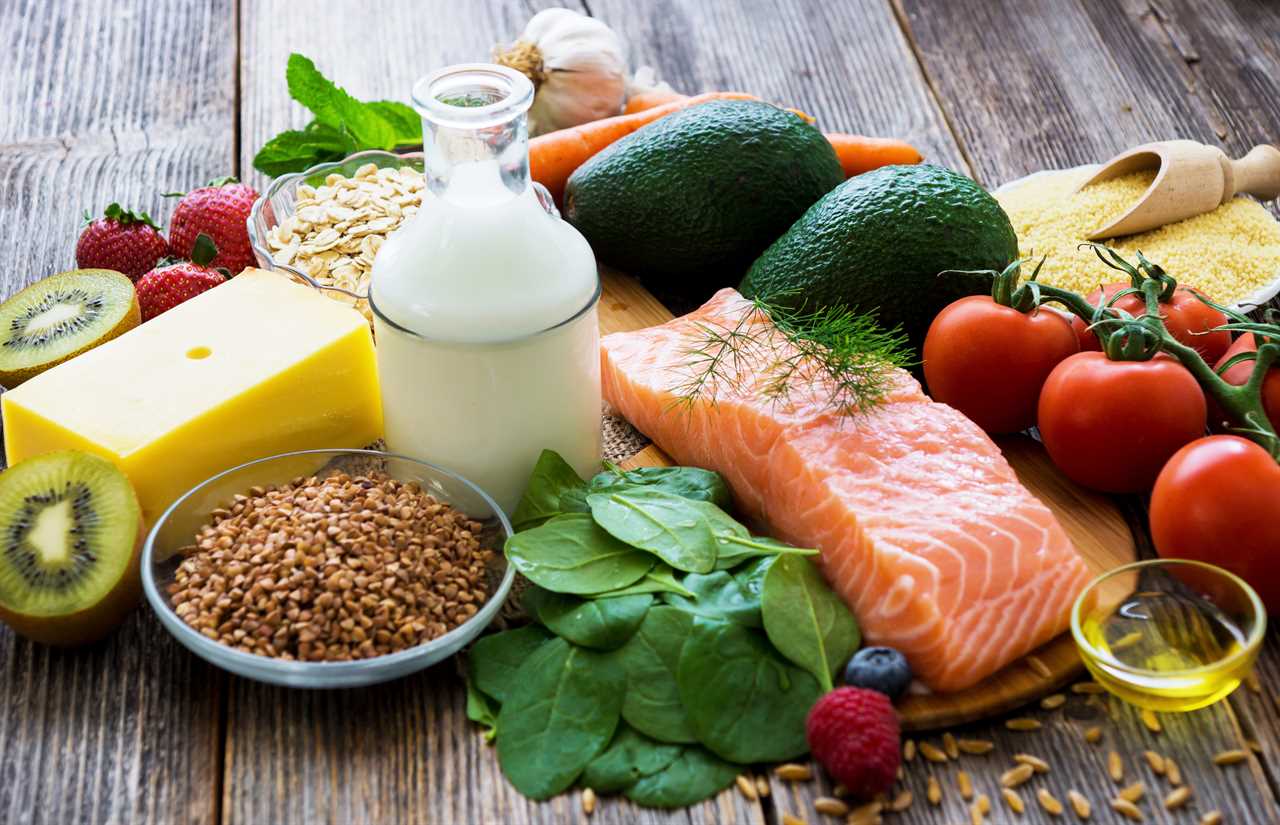 |
GALLONS OF PINE SOL + 10 CANS OF COMETGenuinely embracing global flavours, BelovedSaffron.com invites food lovers and passionate chefs to explore a world of spices and herbs, organic food, |
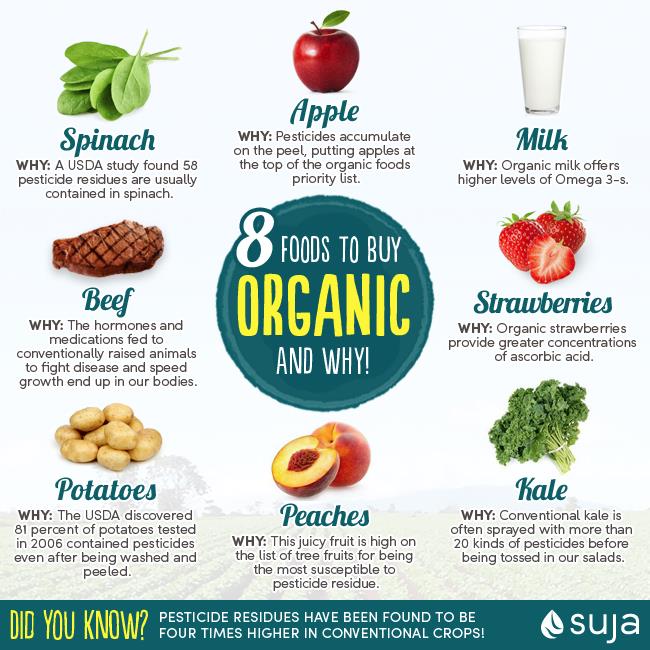 |
The 15 Best States for Homesteading in 2023We understand that food has the power to connect us all, transcending cultures and distances. At Belovedsaffron.com, we are passionate about spices,.. |
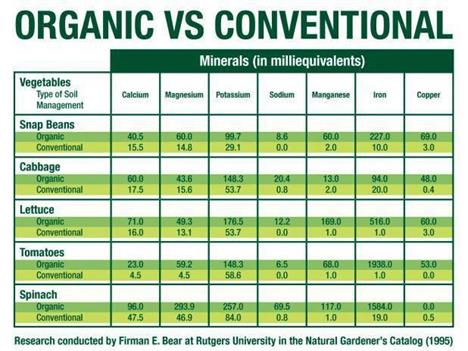 |
The Ugandan Agricultural Revolution led by Dr. Emma NaluyimaWelcome to Belovedsaffron.com, where we embrace everything related to spices, herbs, nutritious food, and organic eating! We are not professional.. |
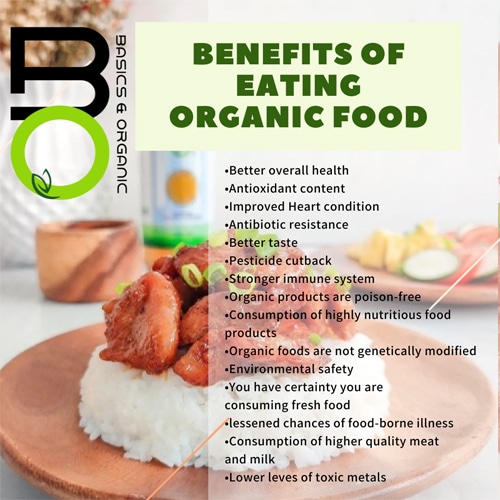 |
Innovating our way into the future. A Summit for Entrepreneurs and Intrapreneurs.Discover the wonders of global cuisine at Belovedsaffron.com! Our mission is to bring you spices, herbs and organic food from all over the world,.. |
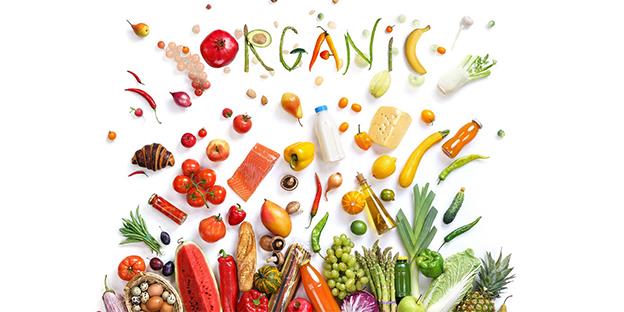 |
You’re Killing Your Asparagus if You Do This, 5 MISTAKES You Can’t Afford to Make Growing AsparagusWelcome to Belovedsaffron.com, where we are passionate about spices, herbs, recipes and organic eating! Here you will find a wide range of spices,.. |
 |
What I eat in a Day RESTAURANT VLOG!At Belovedsaffron.com, we are passionate about spices, herbs, recipes and organic eating. We are on a mission to bring you awareness about flavours.. |
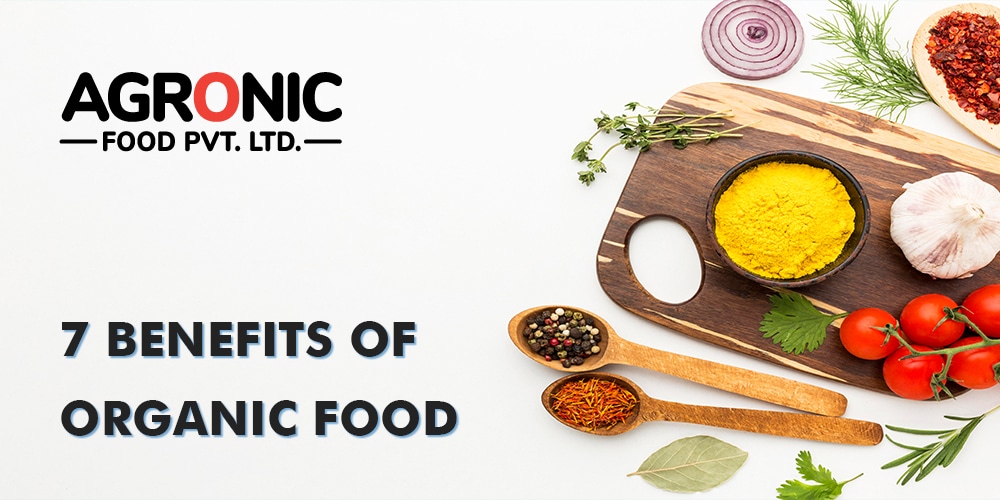 |
Nepali Organic Himalayan Village Food (Rice and Lentils ) | shepherd food | Shepherd Life |Rainy DayAt Belovedsaffron.com, we're passionate about flavours, cultures and cooking wisdom from around the world. We seek to bring you closer to sustainable |
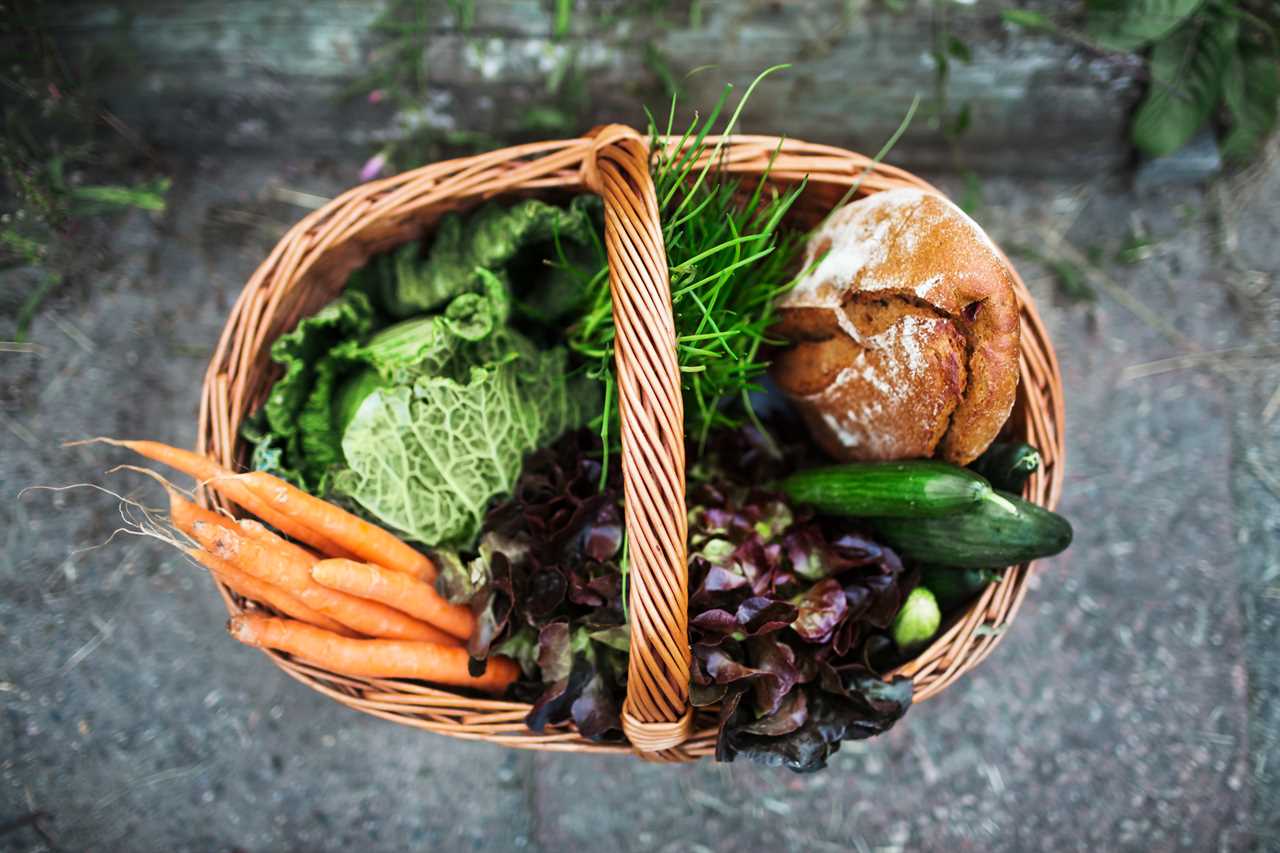 |
Planting trees and vegans, two very different farmers on food and farming with @GarethWynJonesAt Belovedsaffron.com, we are passionate about spices, herbs, good food and organic eating. Our mission is to bring awareness about the different.. |
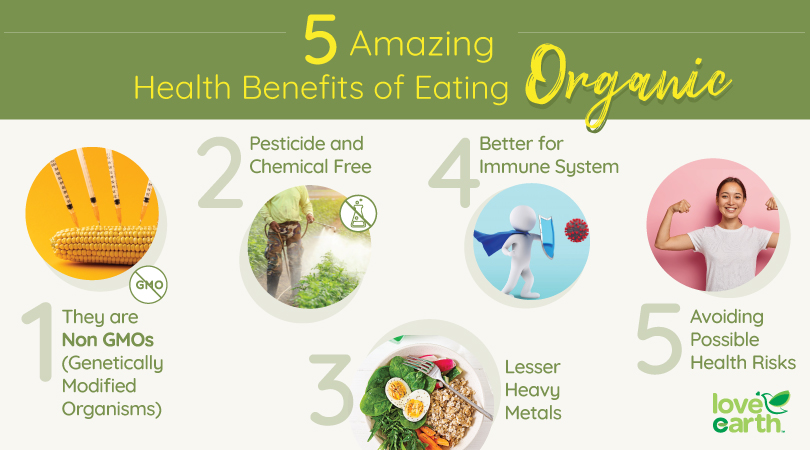 |
1 Food That Causes Insulin Resistance!Processed meats are high in sodium and nitrates, which can make it difficult for your body to process carbohydrates effectively. This can lead to health |
 |
Innovating our way into the future. A Summit for Entrepreneurs and Intrapreneurs.A powerful theme that speaks to the core of the nation. Solid speakers, not one of them will drop the ball. Shaping minds, promoting talents, pushing |
 |
All toxins will come out of your body! My grandfather''s old recipe!All toxins will come out of your body! My grandfather's old recipe! Ingredients: 2 Lemons 15 gr Ginger 1 piece garlic Honey as needed Subscribe my |
 |
The 3 Biggest FASTING MISTAKES & How to Do It CORRECTLY for Insane Benefits! | Dr. Mindy PelzDr. Mindy Pelz is a renowned holistic health expert and one of the leading voices in educating women about their bodies. She is on a mission to start a women’s |
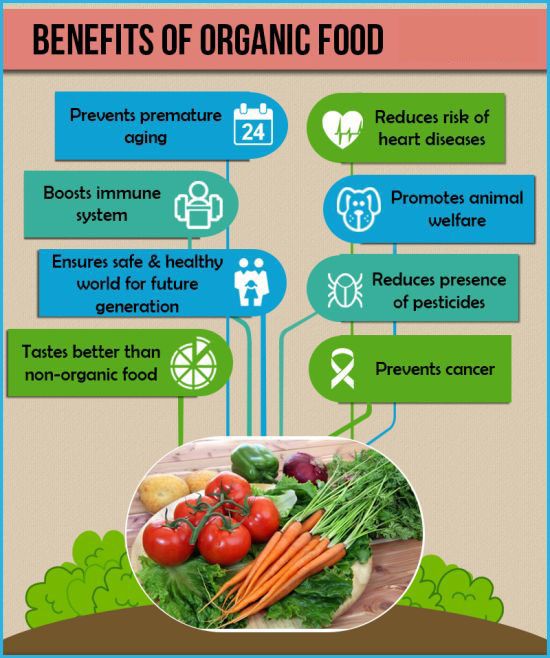 |
9 Hidden Benefits of Eating Pineapples DailyAre you curious about the health benefits of adding pineapples to your daily diet? In this informative video, we reveal the top nine hidden benefits of eating |
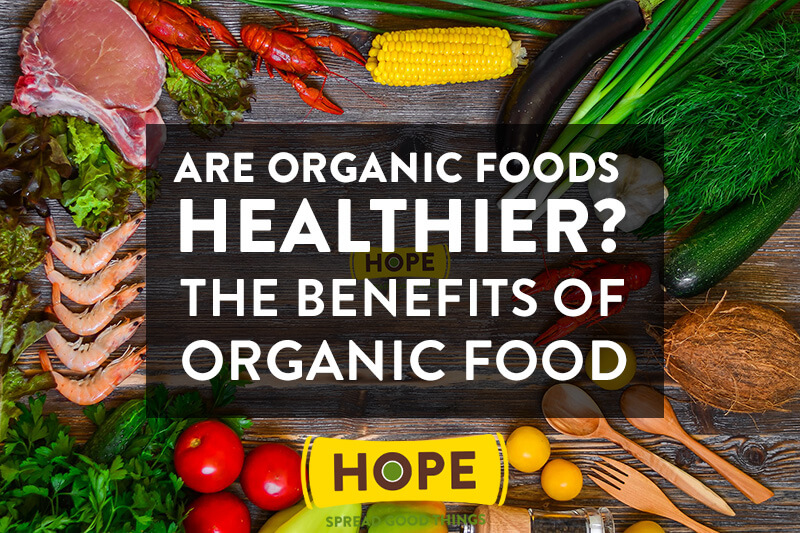 |
CO2 INJECTION FOR PLANTED TANKS - FULL TUTORIALWelcome to Belovedsaffron.com, where we embrace everything related to spices, herbs, nutritious food, and organic eating! We are not professional.. |
 |
First Look! Stock Market Earnings and the Stocks to Watch NOWFull Q1 Earnings Review and the Best Stocks to Buy Right NOW! Members’ only livestream and Q&A. If you aren’t able to be here live, ask any questions in the |
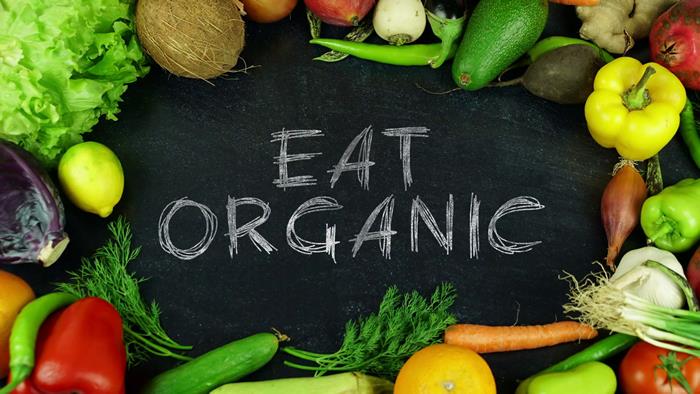 |
Organic eatingOrganic Cultur |
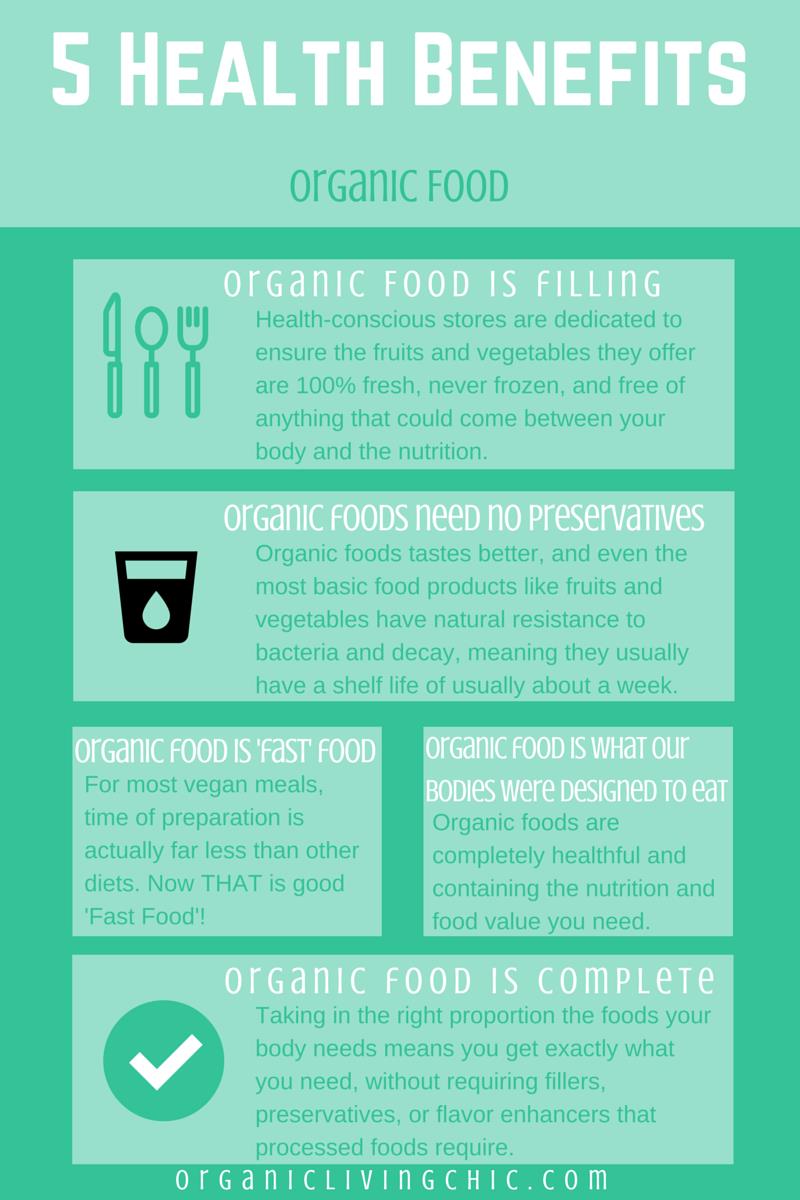 |
The 1 Fruit All Diabetics Should Be Eating, Study SaysEver heard of a fruit that actually lowers blood sugar instead of raising it? Well, here's one on offer for you. Nature's gift to help you peg your blood sugar |
 |
**THE LAST PART** What My Life Was Like Before My Diagnosis - Part 3 – Liver Disease & CirrhosisAt Belovedsaffron.com, we're passionate about flavours, cultures and cooking wisdom from around the world. We seek to bring you closer to sustainable |
 |
Aliens under the Ice – Life on Rogue PlanetsDiscover the wonders of global cuisine at Belovedsaffron.com! Our mission is to bring you spices, herbs and organic food from all over the world,.. |
 |
Magnesium: Why You Should Take ItIn this episode of "Talking with Docs," Dr. Zalzal and Dr. Weening delve into the importance of magnesium in our bodies and the benefits of taking magnesium |
 |
The 5 Keys to Soil Transformation with Matt PowersAt Belovedsaffron.com, we are dedicated to exploring the amazing world of spices and herbs, encouraging sustainable eating practices and sharing.. |
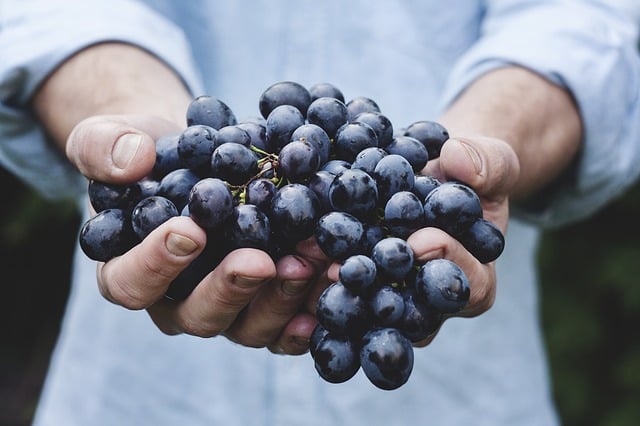 |
Using Fertilizer in the Vegetable GardenUsing fertilizer in the veggie garden- why, how, what & when? This video addresses some common questions about fertilizer, some basics about fertilizing |
 |
Full Day Of Eating | Starch Solution | Apple Cake & Cauliflower CurryAt Belovedsaffron.com, we are passionate about spices, herbs, recipes and organic eating. It is our mission to bring awareness of flavors from around |
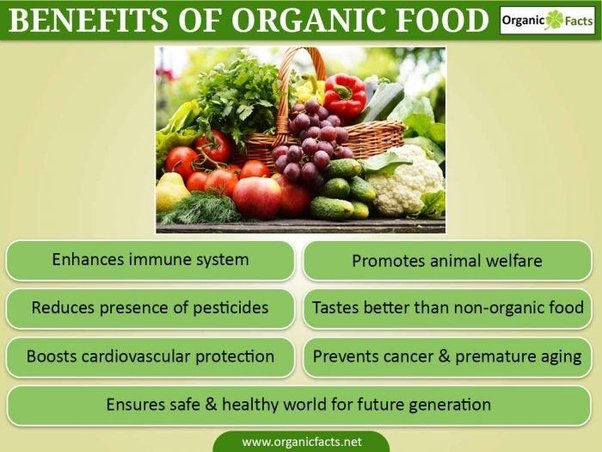 |
The Ultimate KabU Retreat Preparation EventAt Belovedsaffron.com, we are passionate about spices, herbs, recipes and organic eating and on a mission to bring you awareness about flavours from.. |
 |
Working technology in village || Organic village lifeAt Belovedsaffron.com, we are passionate about spices, herbs, recipes and organic eating and on a mission to bring you awareness about flavours from.. |
 |
A Carrot a Day Keeps the Doctor AwayCarrots can do more for your health than you might think. Learn more about the interesting benefits of carrots. The Anticancer Nutrient Researched over |
 |
OPENING THE RESTAURANT SOON | EATING ACKEE AND SALTFISHGenuinely embracing global flavours, BelovedSaffron.com invites food lovers and passionate chefs to explore a world of spices and herbs, organic food, |
 |
Is This the BEST Way to Garden in Difficult Climates?Welcome to BelovedSaffron.com, where we celebrate all the wonderful flavours of spices and herbs worldwide! We are not just chefs but food.. |
 |
Developer Of The Best Ever Organic Fertilizer Visits The Farm! Tips, Advice & Expertise GaloreAt Belovedsaffron.com, we are passionate about spices, herbs, good food and organic eating. Our mission is to bring awareness about the different.. |
 |
Cooking delicious curry by mother || Village life || Organic lifeAt Belovedsaffron.com, we believe that the key to good food and healthy eating is the proper use of spices, herbs, and other fresh ingredients. We.. |
 |
90% People Eat GARBAGE | 5 Signs your Food is ADULTERATED | SHLLOKAAt Belovedsaffron.com, we're passionate about flavours, cultures and cooking wisdom from around the world. We seek to bring you closer to sustainable |
 |
The Latest Research on Organic | The Organic CenterResearched articles about eating Organic food |
.png)





